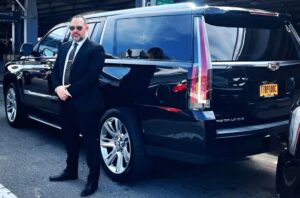
A Texas project engineer has filed a Zodiac Aerospace Unpaid Wages suit claiming sex discrimination and retaliation. She also alleges a violation of the Texas Commission on Human Rights Act. Army veteran Kathryn Therese Jahn claims she lost her wages, was subjected to physical and emotional pain and suffered a diminished quality of life. In addition to seeking compensation, Jahn is also claiming that she suffered emotional pain and a loss of enjoyment of life because she was discriminated against.
Synergy’s failure to provide meal and rest breaks
A recent unpaid wages lawsuit filed by a Zodiac Aerospace employee focuses on the company’s failure to provide its workers with meal and rest breaks. The plaintiff contends that this breach of the parties’ contract caused Zodiac significant damages. A delay in delivering Chipsets 1 and 2 is not a reasonable explanation for not providing meal and rest breaks to Zodiac’s workers.
In addition to not providing meal and rest breaks, Synergy’s failure to supply workers with these items resulted in a lengthy delay in the production process. The company also failed to comply with the provisions of 28 U.S.C. SS 1332(c)(1). Nonetheless, the company did not provide meal or rest breaks, causing the workers to lose their patience and productivity.
Pratt & Whitney’s failure to hire workers to keep wages down
A former engineering worker from East Hartford is suing two aerospace companies for failing to hire enough workers and conspiring to keep wages low. The claim was made in a class action lawsuit filed in federal court in New Haven. The company is accused of conspiring with suppliers to restrict hiring. The company’s alleged “no-poaching” agreement was enforced by Mahesh Patel, a former Pratt & Whitney executive.
A lawsuit filed by employees against Pratt & Whitney alleges that the company’s executives conspired to restrict the hiring of skilled laborers and engineers to keep wages low. The lawsuit alleges that six executives of the company conspired to keep wages low through the use of restrictive hiring agreements. This practice has negatively affected the entire aerospace industry in the United States, which employs two million people – or 1.4% of the labor force.







